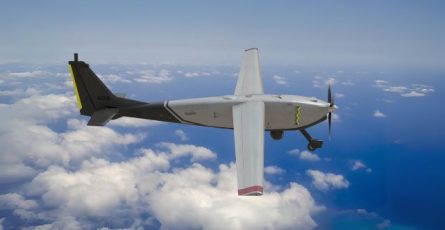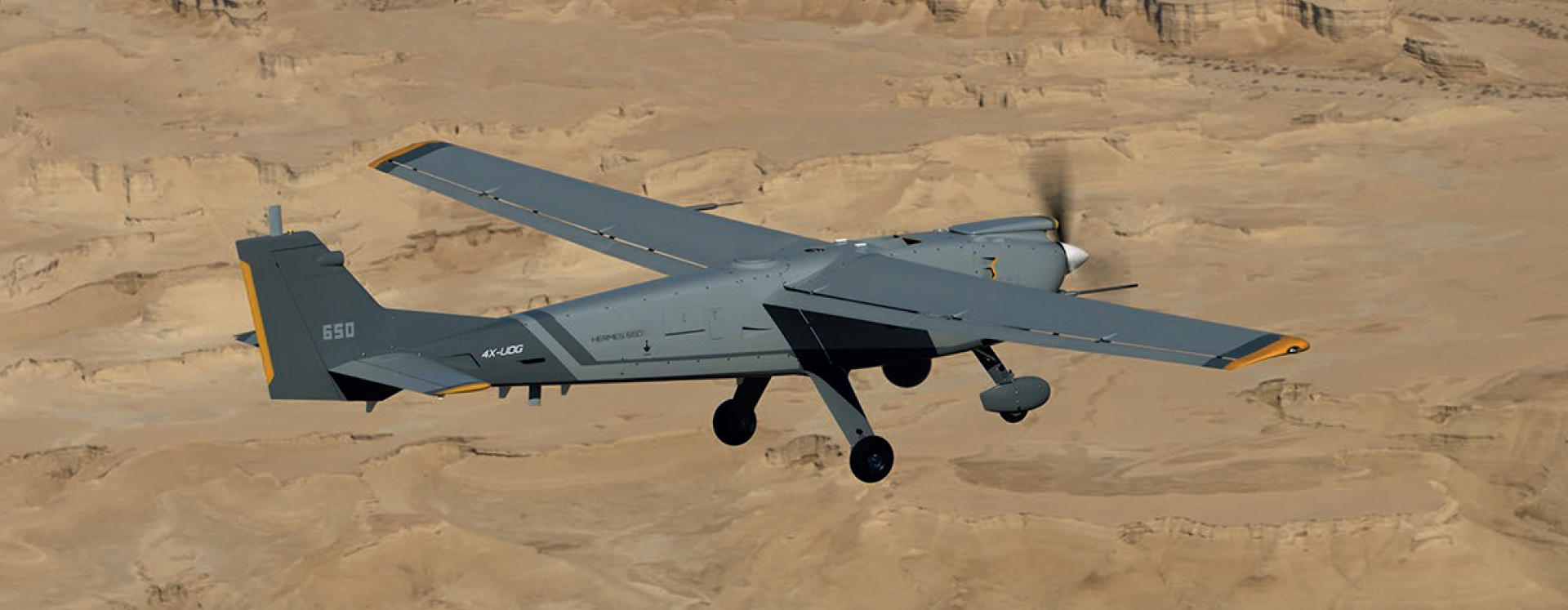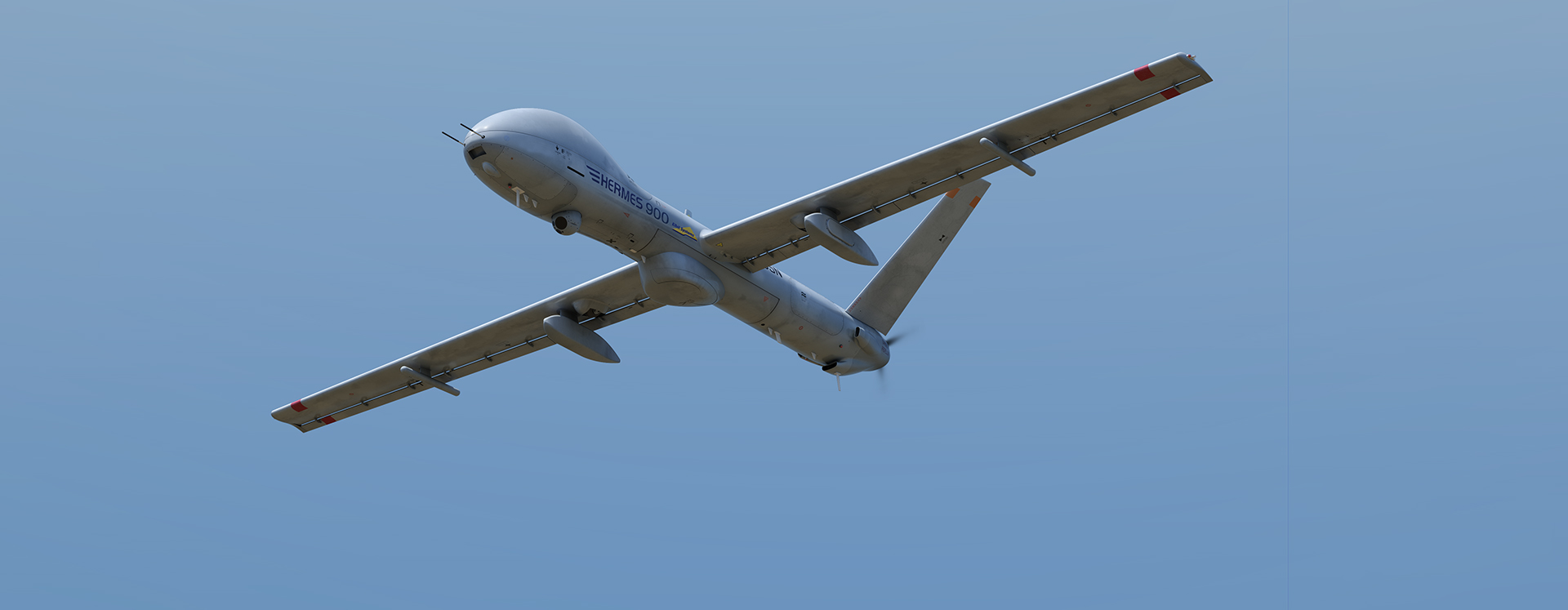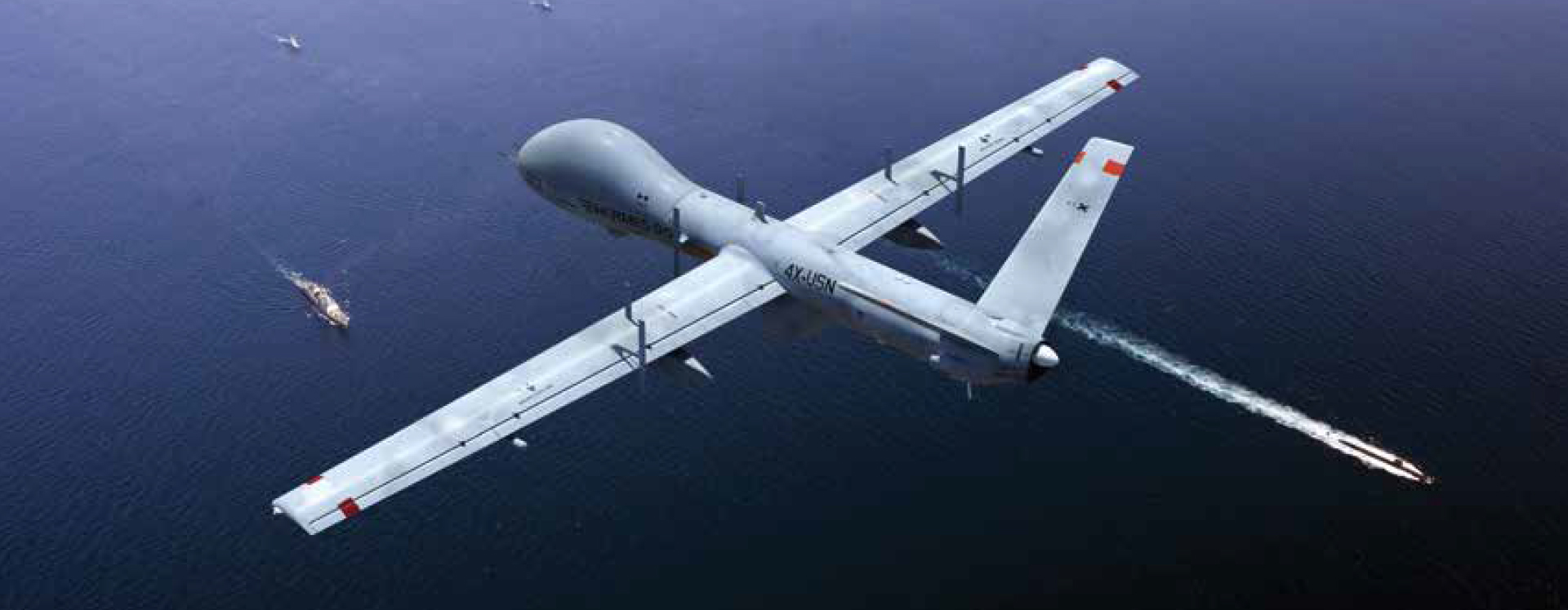UAVs: A strategic platform reshaping the battlefield
Where tanks once ruled the battlefield, Unmanned Aerial Vehicles (UAVs) are at the forefront of many modern conflicts.
They have become strategic assets in continuous and evolving conflicts where they can carry out many types of missions to have a military and psychological effect.
“UAVs of varied sizes and sorts are consistently being used in conflicts and are used for a variety of missions,” said Vered Haimovich, Vice President of the UAV Business Unit in Elbit Systems’ Aerospace Division.
Haimovich, who has spent over 25 years in the UAV industry, spoke to a packed crowd at the UVID 2024 conference on the use of UAVs as a strategic platform in modern conflicts.
According to her, the use of UAVs has moved from being support platforms to strategic assets that are capable of a variety of missions. Hostile actors and states like Iran have invested heavily in drone technology, therefore “there is also a lot of new anti-UAV technology being developed to handle the threat that they pose.”

Due to their activities in the various current conflicts, the development and procurement of capabilities has increased as there is an increase in demand for such effective technology.
“The war in Ukraine has increased the use and presence of drones in the battlefield. The technology is changing the battlefield, it’s had a notable influence that has helped to make a change on the frontlines.”
Haimovich explained that while they can be a target for ground-to-air missiles, UAVs can also detect and engage targets. They can also carry out joint missions with manned platforms such as helicopters and fighter jets.
In recent years the drone market has been consistently growing, and it has the potential to continue growing. .
According to Haimovich, the continued rise in UAV procurement across the world is driven in part by rising defense budgets, a growing need for loitering ammunition and mini-UASs, and the need for a cost-effective and practical solution that reduces human involvement.
“Defense spending continues to grow, and so does the demand for UAVs across the world,” she said, adding that while there may be certain countries that refrain from buying Israeli technology, it should not be overlooked that Israeli drones are battle proven.

“Israel is advanced in regard to UAVs and Israeli companies are winning contracts against some large international companies,” Vered said, pointing out that other players in the game include American companies like Northrop Grumman and General Atomics, Europe with Airbus and Quantum Systems, Turkey with Bayaktar and STM, China with Casac and Tengden and Iran.
But to stay ahead of the game, the UAV industry should further embrace Artificial Intelligence (AI) and Machine Learning.
“The industry doesn’t necessarily need to come up with new systems at this point, but rather aim to leverage and improve the functionality and performance of the systems already in service,” she said. “Going autonomous does not mean there won’t be a human in the loop, because at the end of the day, the UAV is flown and operated by a human, but it will be challenging to continue with the number of UAVs in service without further adopting AI and autonomy.”
For Haimovich, the use of UAVs as strategic platforms during both peacetime and war is also impressive.
“UAVs are here to stay,” Vered said, emphasizing that “we probably will not have wars without unmanned systems, and not only in the air.”
The content of the article does not constitute business or financial information about Elbit Systems Ltd. (the “Company”) and is not intended to be a basis for making investment decisions in the Company’s securities. In order to obtain business or financial information about the Company, please refer to the reports and filings that the Company regularly publishes on the website of the U.S Securities and Exchange Commission (EDGAR) and on the notification system of the Tel Aviv Stock Exchange (Maya).
The article may contain forward-looking statements such as estimates, forecasts, estimates, plans, etc. that refer to future events that are considered forward-looking information as defined under the securities laws of Israel and the United States. There is no certainty that such information will be realized, in whole or in part, and the actual result may differ from what was presented in the article, among other things due to its dependence on external factors that are not under the control of the Company and that cannot be evaluated in advance. The forward-looking statements are based on the Company’s estimates at the time of publication, and the Company has no obligation to update or correct this data.






